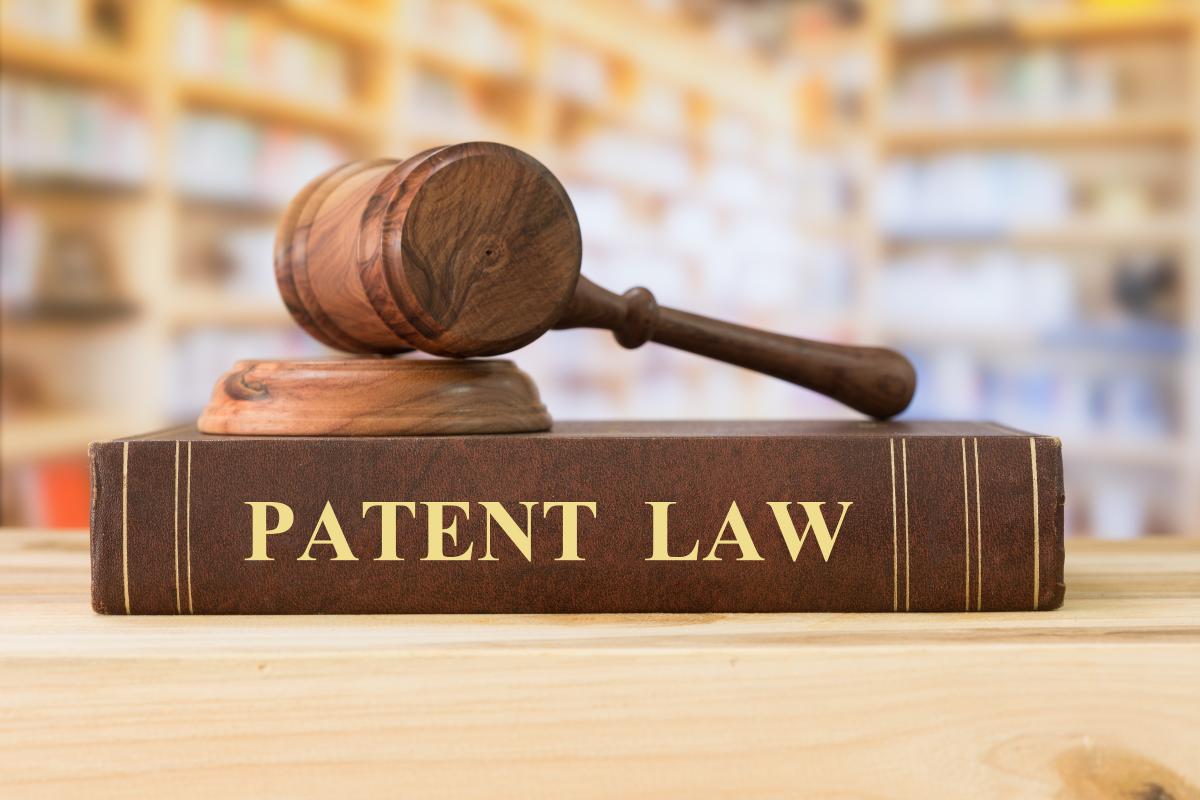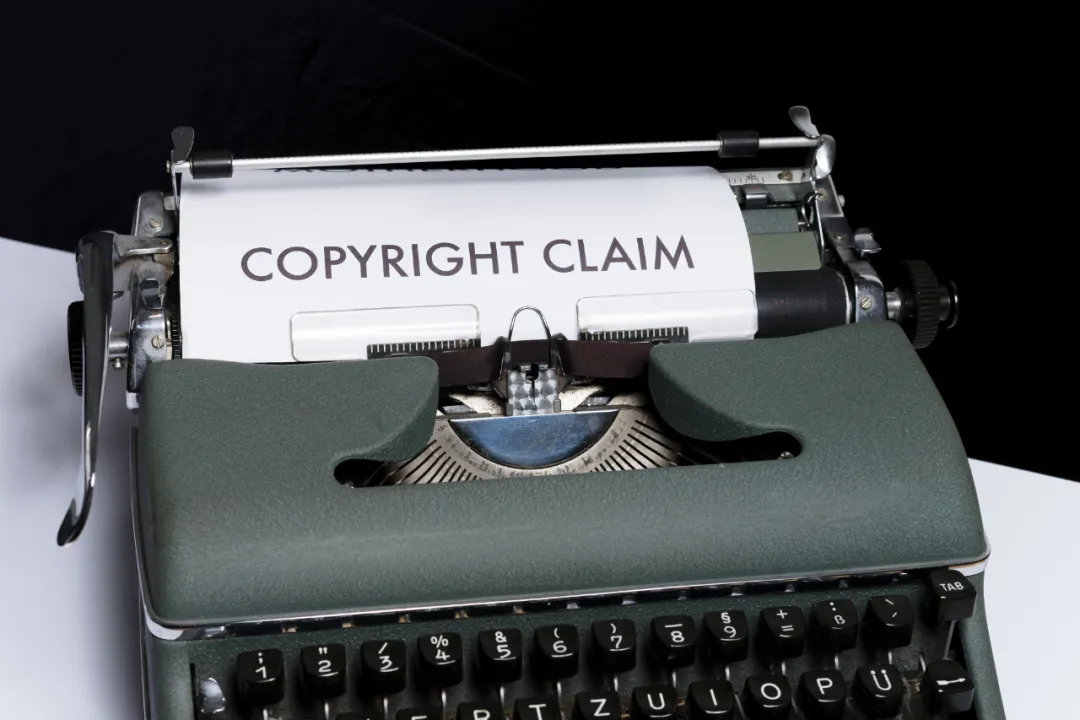China and Intellectual Property: Highlights for 2021

Intellectual Property in China is still regarded as a problem for many Western companies in China. Amidst the US-China trade war, China has revised and implemented a new copyright law and a new patent law that went into force on 1 June 2021. Below is a summary of what companies need to know about the various IP laws and how they can benefit from them.
Trademark Law
The 2019 trademark revision has theoretically made it more difficult for Chinese companies to register trademarks in bad faith. In practice, Chinese companies continue to apply for trademarks with bad intent at low cost, as they are not yet punished for false registrations and application costs are low. At the same time, costs for companies to obtain their trademarks that have been registered in bad faith are much higher. As such, companies are advised to register their trademarks as soon as possible, to save costs. After all, China still applies the ‘first to file’ principle: whoever registers the trademark first usually obtains it.
Photo by Markus Winkler on Unsplash
New Copyright Law
Under the new Copyright Law, which went into effect on 1 June 2021, the statutory damages compensation has been increased to up to a maximum of RMB 5 million. Also, punitive damages of up to five times the damages (same as in the new patent law) have been introduced. Finally, more types of works are now protected by copyright, as any intellectual achievement that meets the requirements of a body of work can be protected.
Quite importantly, companies are still encouraged to register their copyright with the Chinese Copyright Protection Center. Even though copyright exists from the moment of creation of a work, the Chinese copyright registration provides a very valuable certificate that reverses the burden of proof. You have the copyright unless someone can prove that you do not have it, which is usually quite hard after having obtained a certificate.

New Patent Law
The new Patent Law went into force on 1 June 2021. It realized a prolonged protection period for design patents (now 15 years), protection of partial designs (for example, graphical user interface can be applied for without the actual product it is on), national emergency novelty protection, a newly introduced patent linkage system (The China National Intellectual Property Administration and the China Food and Drug Administration will work together to regulate the market approval of drugs), new enforcement mechanisms and higher statutory damages compensation (up to a maximum of RMB 5 million), and punitive damages that can be awarded up to one time or five times the amount of the original damages.
The new Patent Law, however, might also be a double-edged sword: under the new law, patents should be filed in good faith, should not harm the public interest and shall not restrict competition. Whilst the first point is positive, it remains to be seen how the last two points will be interpreted.

Trade Secret Protection
In accordance with Chinese law, companies will need to have physical, technological, and contractual protection in order to protect their trade secrets. However, proving trade secret infringement is still challenging in China. Companies will need to prove they have certain secrets at certain times in a legal way that works with the judicial system.
How to Obtain Your Rights
Register your trademark. It should at least include your Western name, product name, logo, and Chinese name.
Register your invention/utility model/ design patent in China before disclosing it anywhere in the world.
Register your essential copyrights.
Protect your trade secrets with physical, technological, and contractual measures.
How to Find Infringers and How to Stop Infringement
- Performan investigation (online and offline).
- Notarize evidence of the infringement by a Chinese notary public.
- File for litigation.
- Negotiate and/or settle if it is better for your case.
Conclusion
IP registration and enforcement in China is possible. Companies need to have the right knowledge and strategy to take advantage of the current laws. If done well, your IP assets will be safe, and make your company more valuable.



